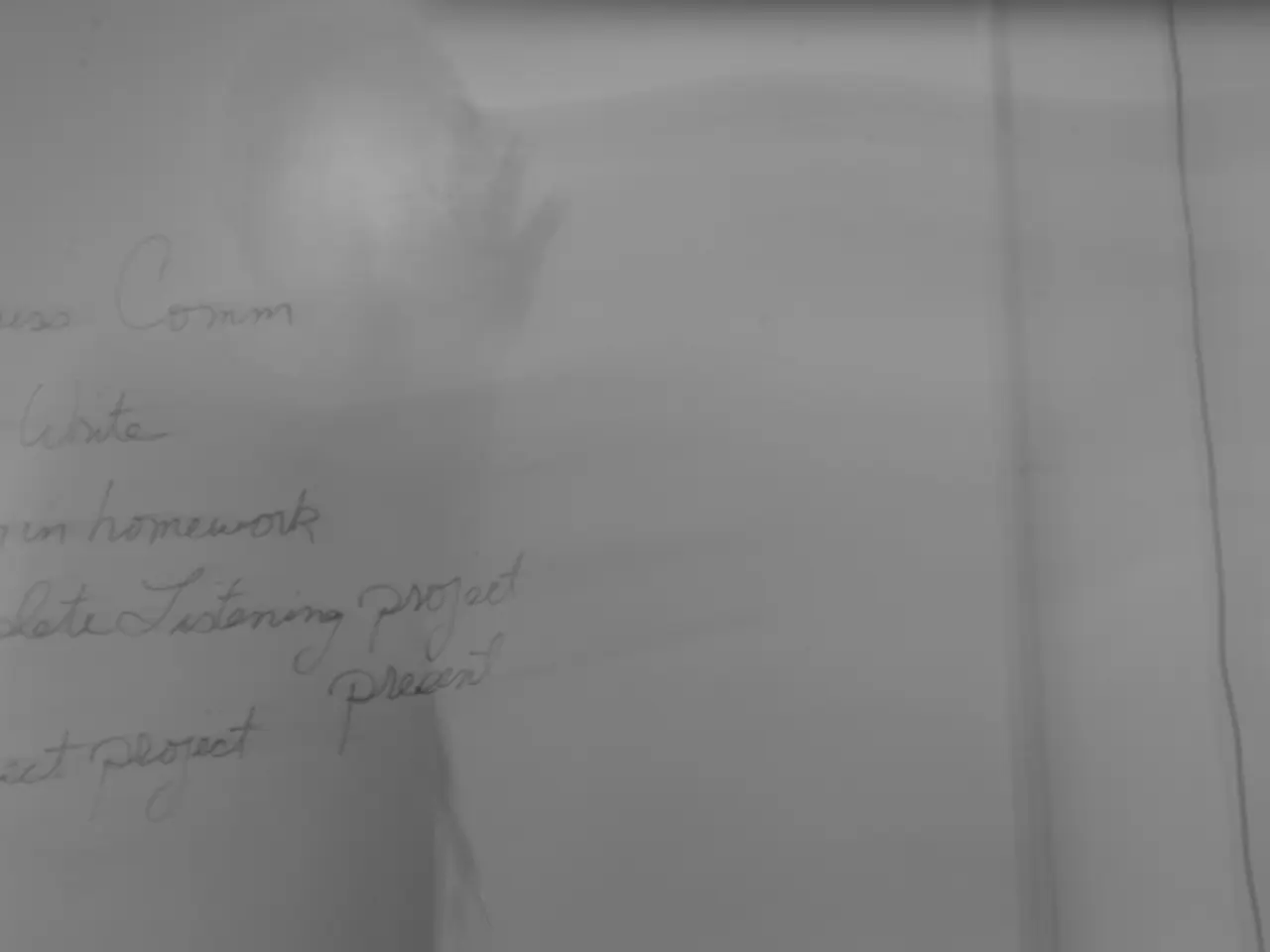Managing Time Efficiently: Maintaining your JP while Juggling a Full Academic Schedule
Amidst a demanding academic schedule, extracurricular activities, and a full course load, Princeton students face the challenge of managing their time effectively to successfully complete their Junior Paper (JP). This article offers key strategies to help students tackle this significant research and writing project.
**1. Develop a clear, consistent schedule**
Mapping out all commitments in one place, such as classes, assignments, extracurriculars, and JP work, can provide a clear visualisation of the week. Breaking JP work into manageable chunks throughout the week, such as 60–90 minute focused sessions, helps maintain steady progress without burnout.
**2. Set specific, achievable goals**
Whether it's researching a particular topic, drafting a section, or revising earlier work, having a focused objective for every study block increases productivity and keeps students on track.
**3. Utilise tools like to-do lists or planners**
Writing down all tasks and deadlines related to the JP and other responsibilities can give students control and clarity, helping prioritise urgent and important tasks and reduce overwhelm.
**4. Balance intense work with rest**
Intentionally protecting time to decompress and recharge is crucial for sustainable work habits that are more efficient over the long term than continuous, unbroken effort.
**5. Incorporate active learning methods**
Techniques like active recall, such as explaining concepts aloud, creating mind maps, or doing self-testing, can enhance understanding and retention, which is helpful for the JP writing process.
**6. Plan ahead and start early**
Since the JP is a significant research and writing project, beginning early allows for gradual progress alongside weekly coursework, minimising last-minute stress.
**7. Seek help and support**
Reaching out for help and support is recommended when struggling with independent work. McGraw Learning Consultants, the Writing Center, and academic advisers are available to offer advice on balancing learning and living, overcoming habits, formulating a plan of action, organising thoughts, overcoming writer's block, and providing a sanity check.
**8. Construct a game plan**
Before a writing session, students should determine the primary focus of that session (brainstorming, drafting, or editing). Breaking up the writing process into these stages can help combat feeling overwhelmed.
**9. Build a routine**
Building a routine is recommended to ensure not only that the JP gets done but also that the process is enjoyable. The Writing Center offers 80-minute appointments for discussing and going over work in detail.
**10. Consult your academic dean**
If coursework interferes with the JP, students can consult their academic dean for potential ways of making their schedule more manageable.
**11. Utilise available resources**
The Office of Undergraduate Research provides independent work guides and resources to support JP research and writing, while the Writing Center's mascot, a tortoise, symbolises a slow, steady, and consistent approach to independent work.
With the approaching JP deadlines during the spring semester, these strategies can help Princeton students navigate their independent work effectively and successfully complete their Junior Paper.
- Effective education-and-self-development and personal-growth during undergraduate years necessitate independent work such as the Junior Paper (JP).
- Harnessing the power of these strategies - setting specific, achievable goals, constructing a game plan, seeking help and support when needed, and utilizing available resources - aids in tackling the Senior Thesis with confidence and improved learning.
- Embracing a routine and balancing intense work with rest are critical for maintaining efficiency and ensuring one's education journey contributes positively to overall development.




